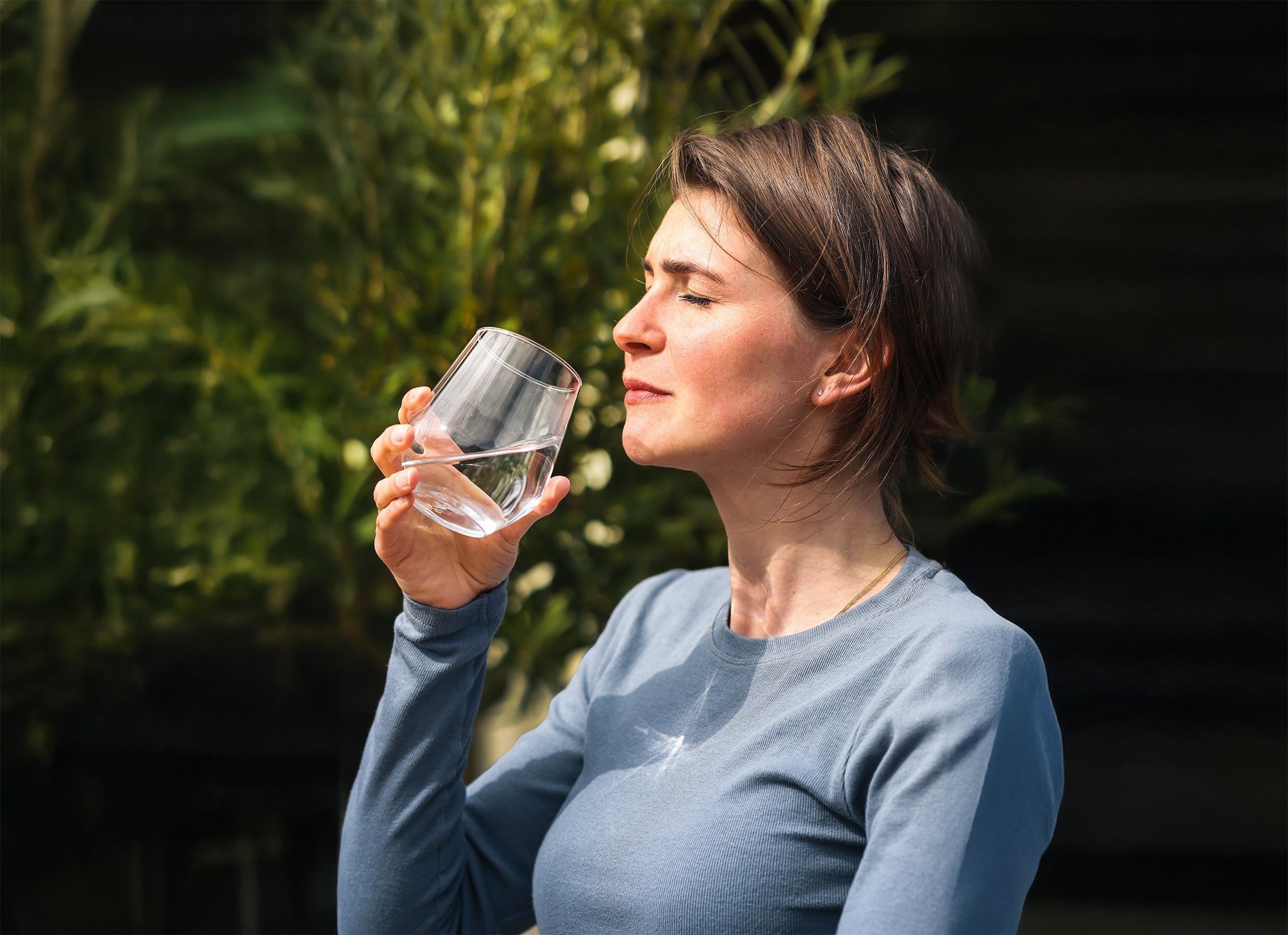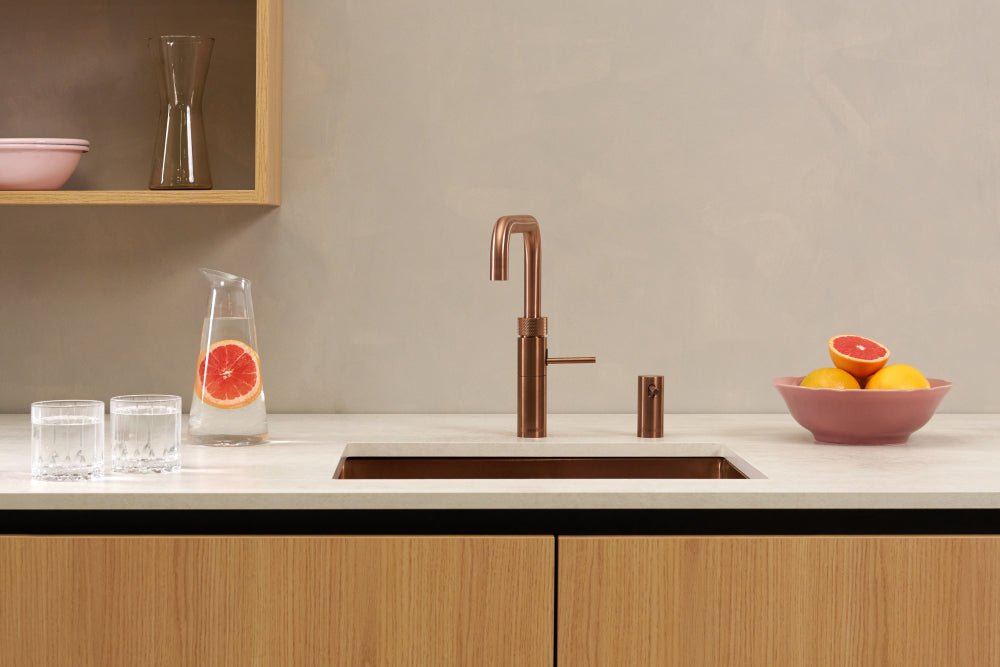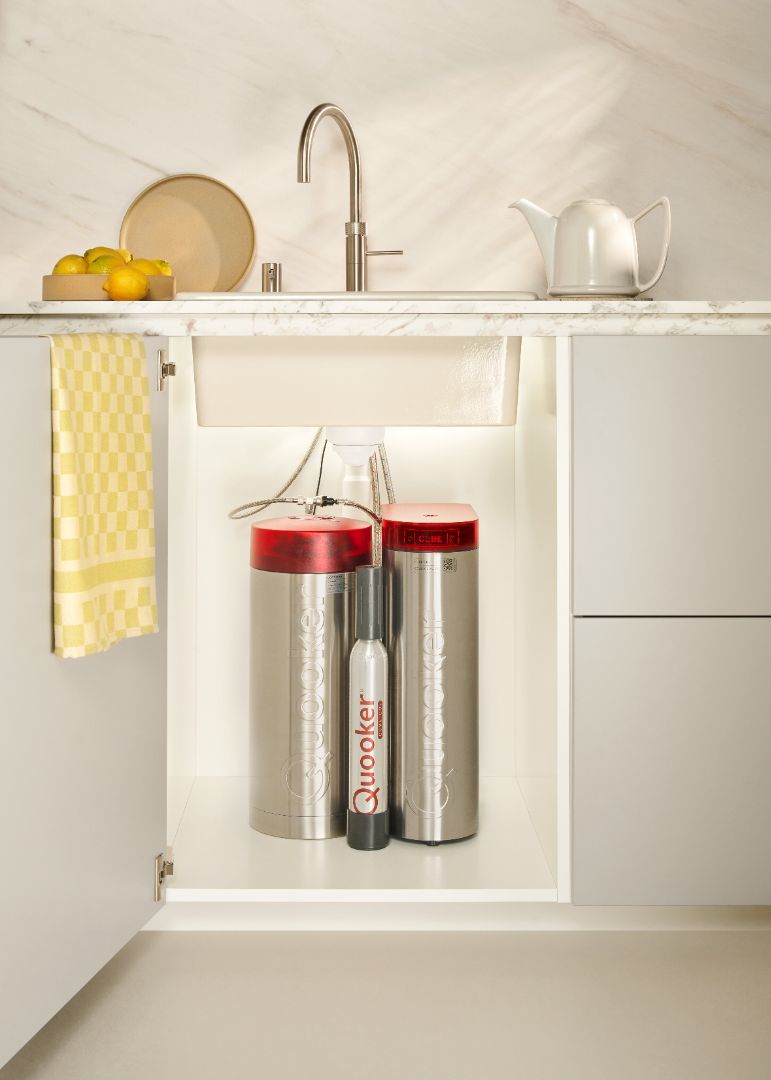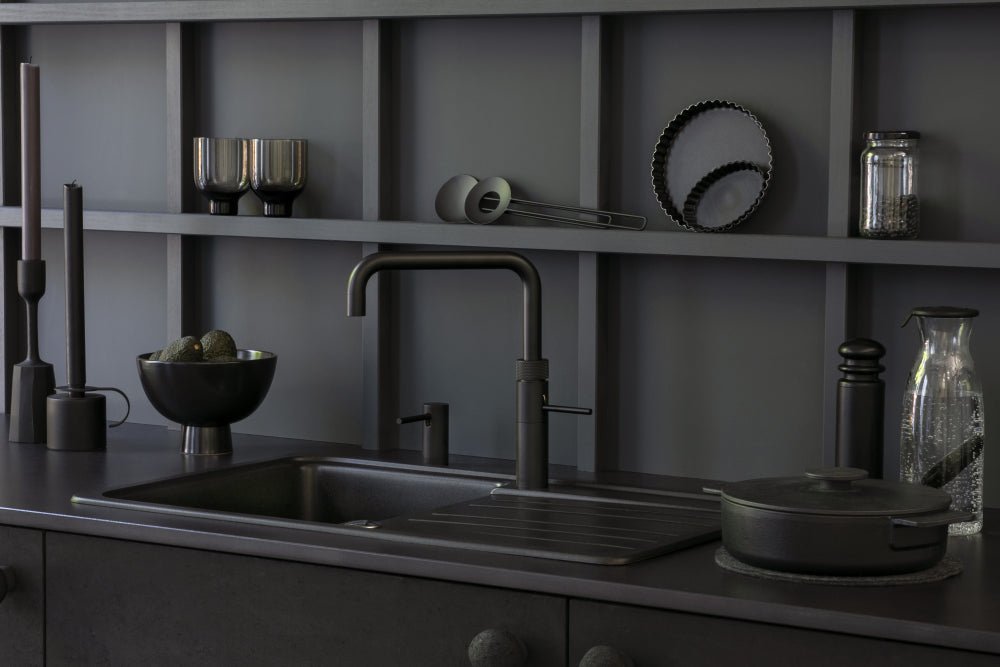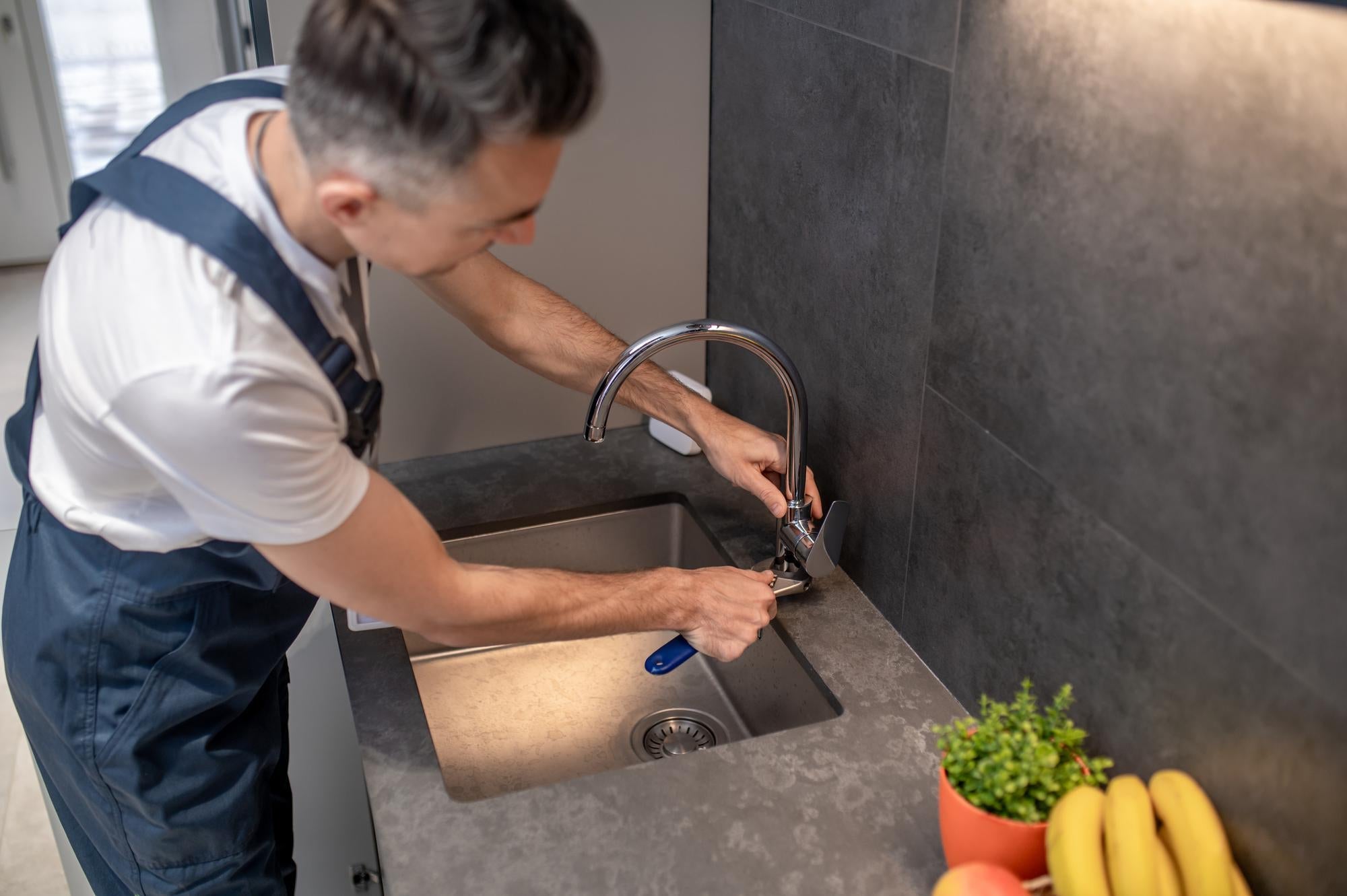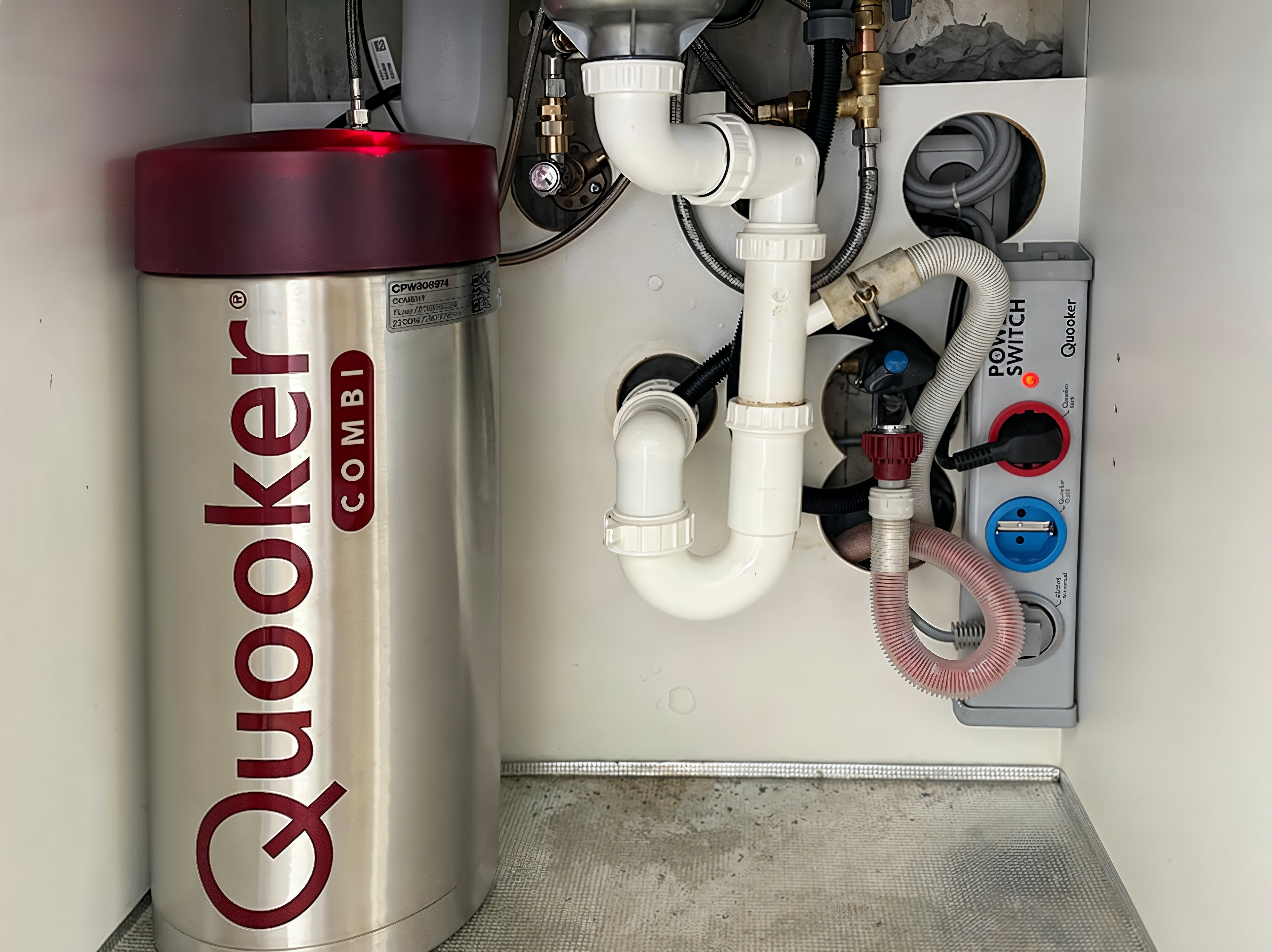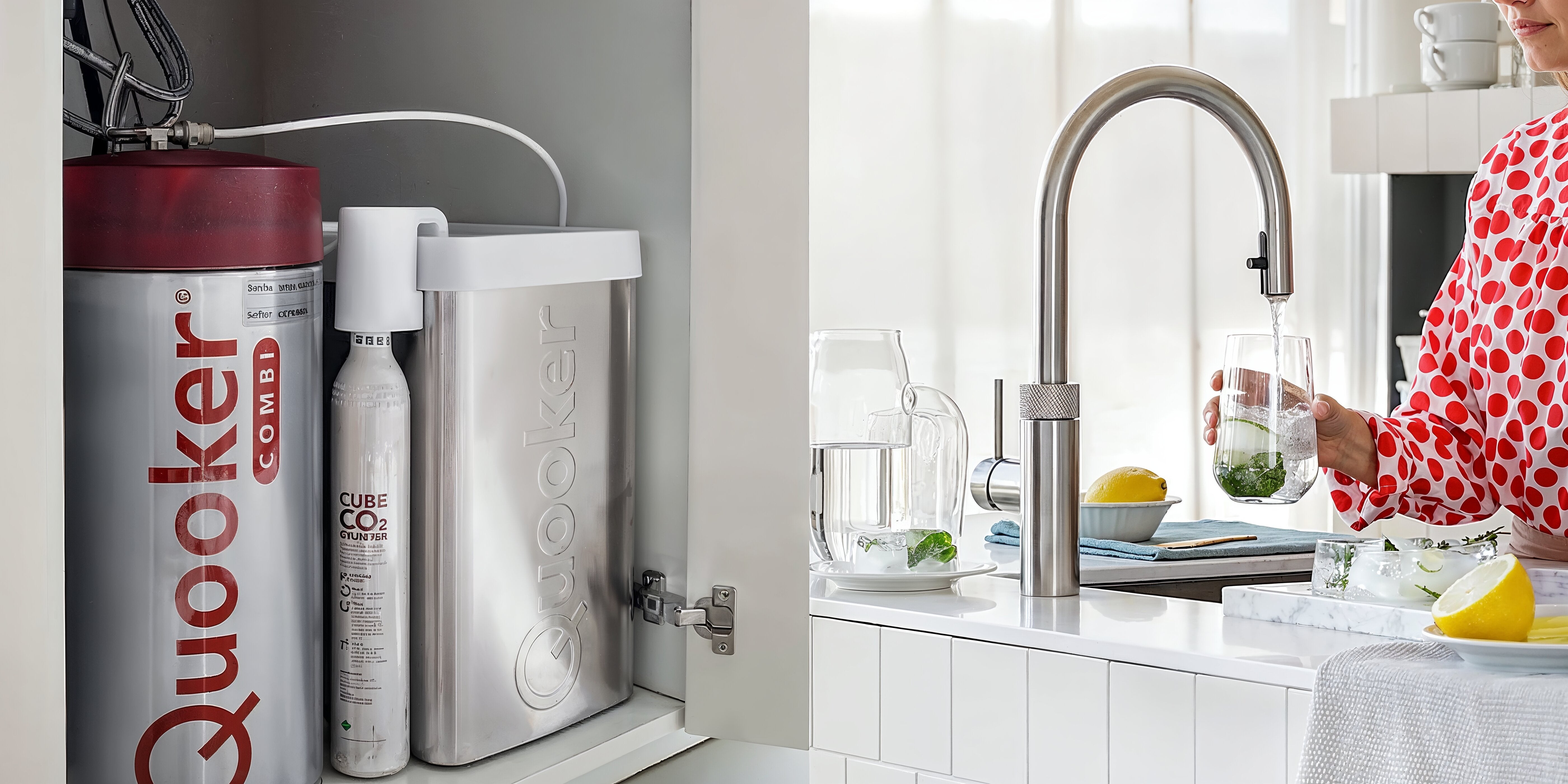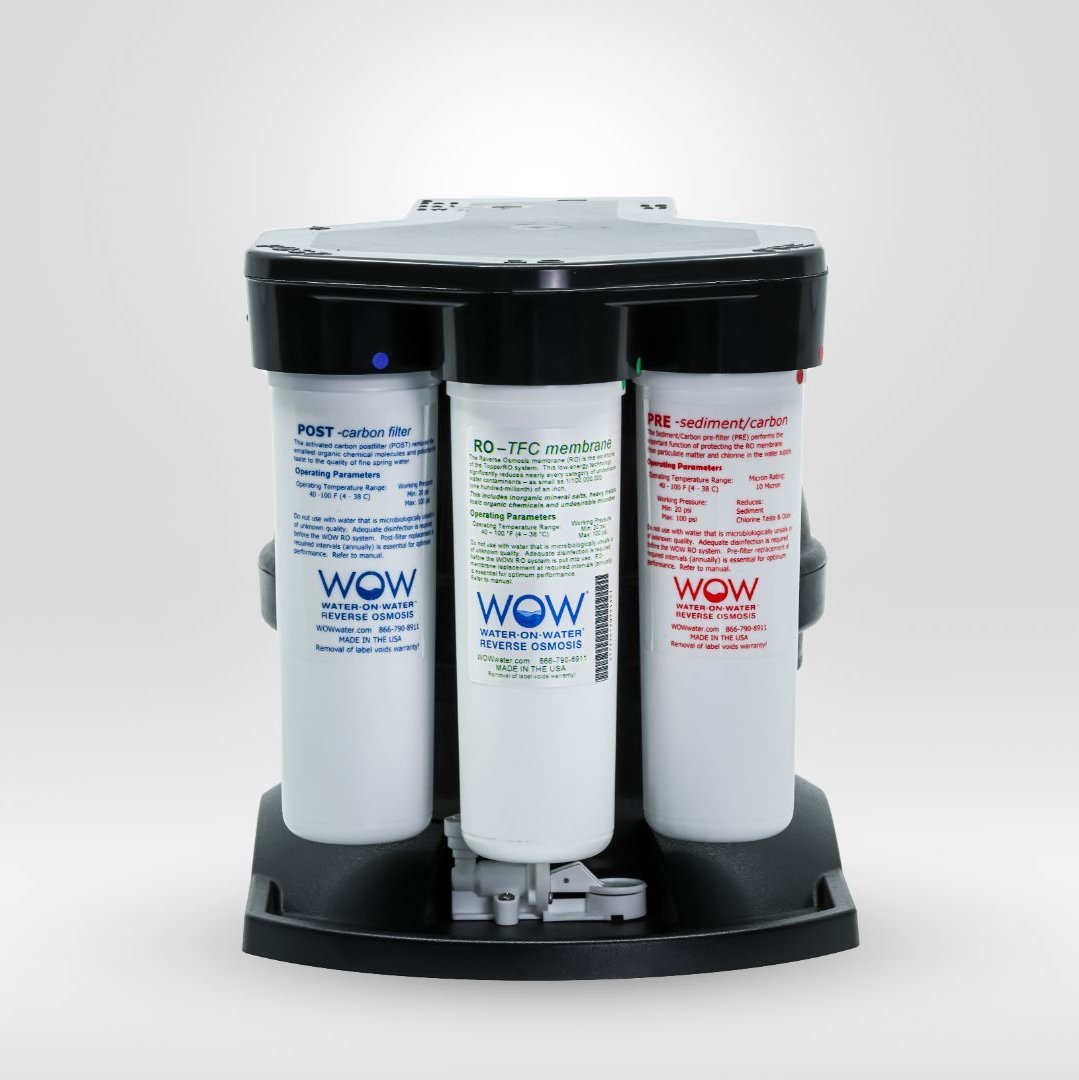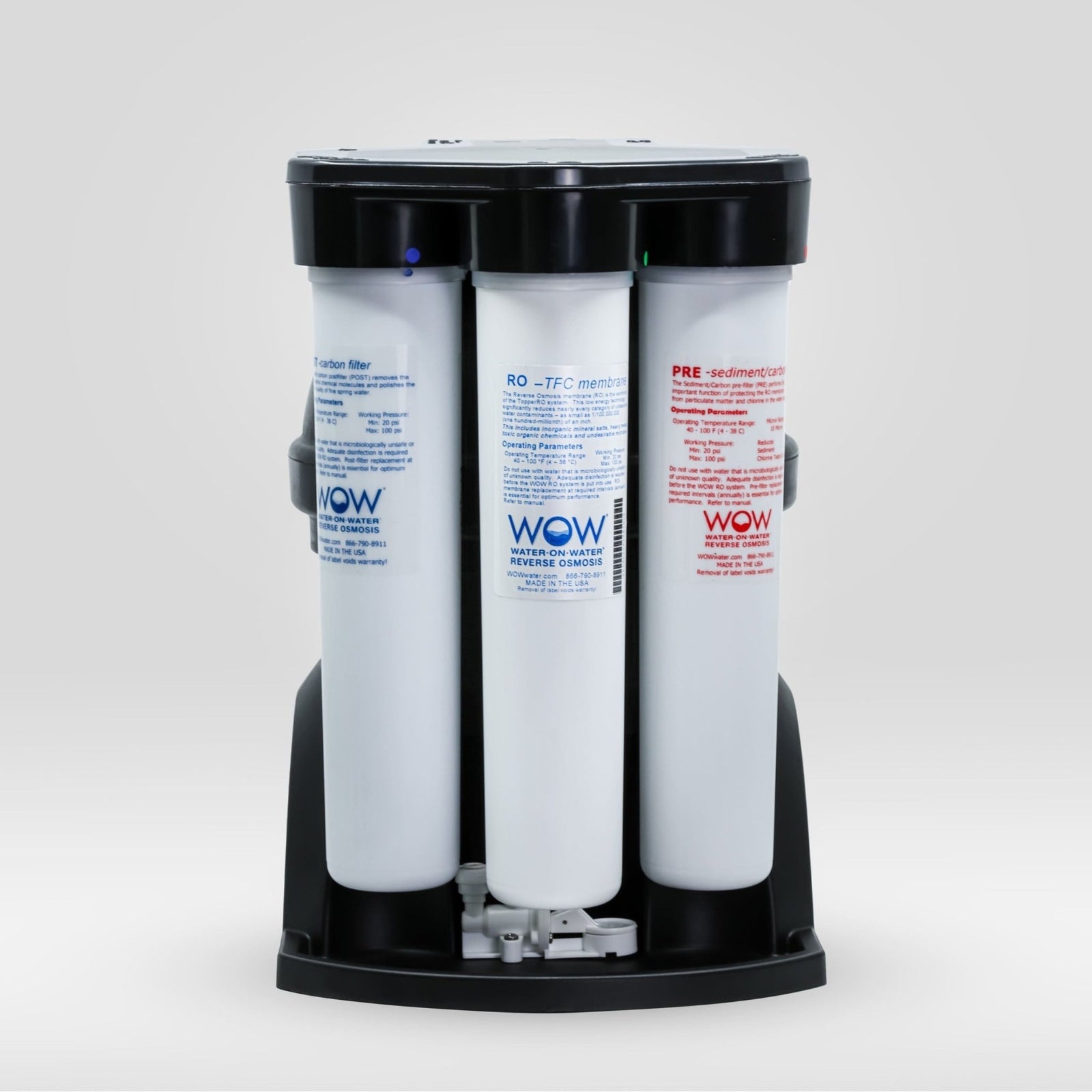Yes, hard water can damage both your hair and skin. The high concentration of minerals like calcium and magnesium in hard water forms a film on hair and skin that causes dryness, irritation, and dullness. These minerals react with soap, creating lather that's difficult to rinse off, leading to clogged pores, itching, and reduced effectiveness of personal care products.
What are the effects of hard water on your body?
Hard water contains high concentrations of calcium and magnesium minerals that directly affect your body during daily use. These minerals form an invisible layer on your skin and hair, disrupting the natural moisture balance. When they come into contact with your body during showering or bathing, these minerals adhere to hair cuticles and skin cells.
The minerals in hard water affect your skin's pH, which is normally slightly acidic around 5.5. Hard water often has a pH of 8.5 or higher, which disrupts your skin's natural protective layer. This makes your skin more vulnerable to bacteria and irritation.
Your hair experiences similar problems because minerals build up around the hair shaft. This process strips away the natural oils that keep your hair supple and shiny. The result is hair that feels like straw and a scalp that feels itchy or flaky.
How do you recognize hard water damage to hair?
Hair damage from hard water manifests itself in several easily recognizable ways. The most noticeable symptom is dry, dull hair that loses its natural shine, regardless of the care products you use.
Specific signs of hard water damage to your hair include:
- Hair feels rough and straw-like even after using conditioner
- Difficult to comb hair with more tangles than normal
- Faster discolouration on dyed hair - the colour washes out faster
- Mineral build-up on the scalp that causes itching and flaking
- Hair breaks off faster and has split ends
- Styling products work less effectively
The mineral buildup on your scalp blocks hair follicles, hindering new hair growth. This can lead to thinning hair over time. Blonde and light-colored hair can even develop a green or copper tint due to the minerals in hard water.
What skin problems are caused by hard water?
Hard water causes various skin problems, ranging from mild irritation to the aggravation of existing conditions. The minerals in hard water disrupt your skin's natural moisture balance, leading to dry, tight skin that ages faster.
The most common skin problems caused by hard water are:
- Dry, flaky skin that feels like sandpaper
- Intense itching, especially after showering
- Worsening of eczema and psoriasis symptoms
- Clogged pores from soap residue that causes acne
- Red spots and inflammation
- Reduced effectiveness of moisturizers and serums
The soap foam created by the reaction between soap and minerals forms a film on your skin. This layer prevents your skin from breathing naturally and retaining moisture. People with sensitive skin often experience a burning sensation or rash after contact with hard water.
Why does soap react differently in hard water?
In hard water, soap undergoes a chemical reaction with calcium and magnesium ions, forming soap scum. This soap scum is a waxy, insoluble substance that adheres to surfaces instead of dissolving in water. This reaction drastically reduces the soap's cleaning power.
The chemical reaction between soap and hard water has several consequences:
- You need 50% more soap for the same foaming effect
- Soap scum remains on skin, hair and bathroom surfaces
- Shampoo and shower gel hardly foam
- Washing results are less effective despite more product use
- A sticky layer remains after rinsing
This soap scum layer is difficult to remove with just rinsing with water. It remains as a film on your body, exacerbating the aforementioned skin and hair problems. Modern synthetic detergents work better in hard water, but still suffer from reduced effectiveness.
How do you measure the hardness of your tap water at home?
Measuring water hardness at home is easy with several available methods. TDS meters (Total Dissolved Solids) provide a direct digital readout of dissolved solids in parts per million (ppm). Values above 120 ppm indicate hard water.
Practical measuring methods for home use:
- Test strips - soak in water and compare the color with the scale provided
- Digital TDS meter - provides instant numerical values
- Soap test - add soap to water in a bottle and shake; little suds indicate hard water.
- Visual indicators - limescale on taps and shower heads
| Hardness degree | mg/l CaCO3 | °dH (German hardness) | Features |
|---|---|---|---|
| Soft | 0-60 | 0-3 | No limescale, soap foams well |
| Moderately hard | 60-120 | 3-7 | Light limescale, reasonable soap action |
| Hard | 120-180 | 7-10 | Visible limescale, reduced soap foam |
| Very hard | >180 | >10 | Heavy limescale, hardly any soap foam |
In the Netherlands, water hardness varies greatly by region. Areas with abundant limestone formations in the soil often have harder water, with values up to 15°dH.
Which water treatments best protect hair and skin?
For optimal protection of hair and skin against hard water, water softeners are the most effective structural solution. These systems completely remove calcium and magnesium ions from the water through ion exchange, resulting in softer water that is kinder to your body.
Water softeners like the Joep water softener or AquaCell water softener offer permanent protection against the harmful effects of hard water. These systems operate without electricity, are maintenance-free, and have a compact size that fits into any household.
Reverse osmosis systems offer additional benefits for drinking water. This technology removes up to 99% of all unwanted substances, including minerals, but adds healthy minerals through remineralization for optimal taste and health.
The difference between solutions:
- Water softeners - structurally remove limescale from all water in the home
- Reverse osmosis - for the purest drinking water with mineral balance
- Standard filters – only improve taste, not a solution for hardness
- Descaling agents – temporary symptom relief, not a structural solution
A complete water softener for an average household costs between €1799 and €2599. This investment not only protects your hair and skin but also extends the life of appliances and reduces the use of personal care products. Combining a whole-house water softener with a reverse osmosis system for drinking water offers the most comprehensive protection for your health and well-being.
